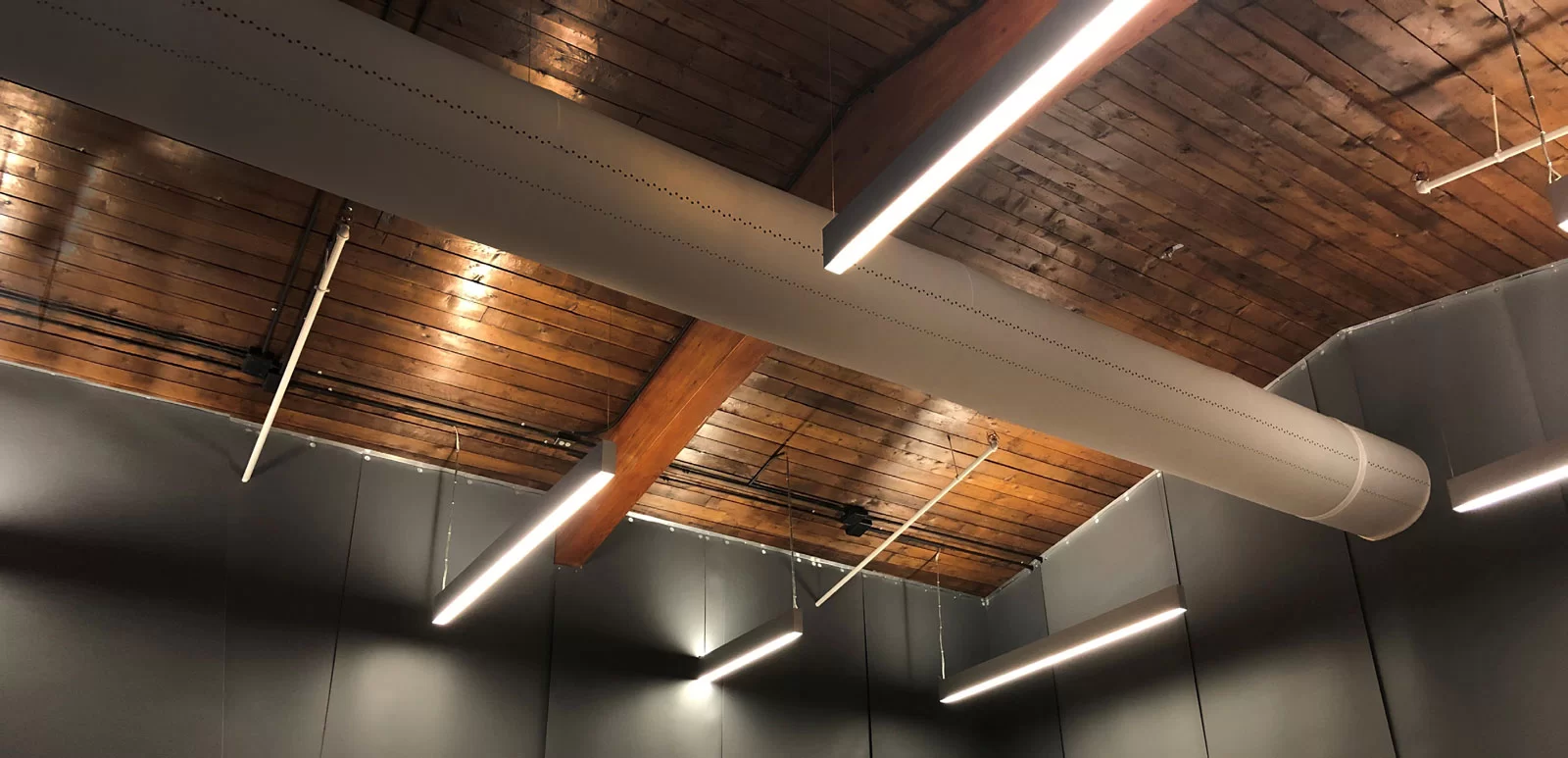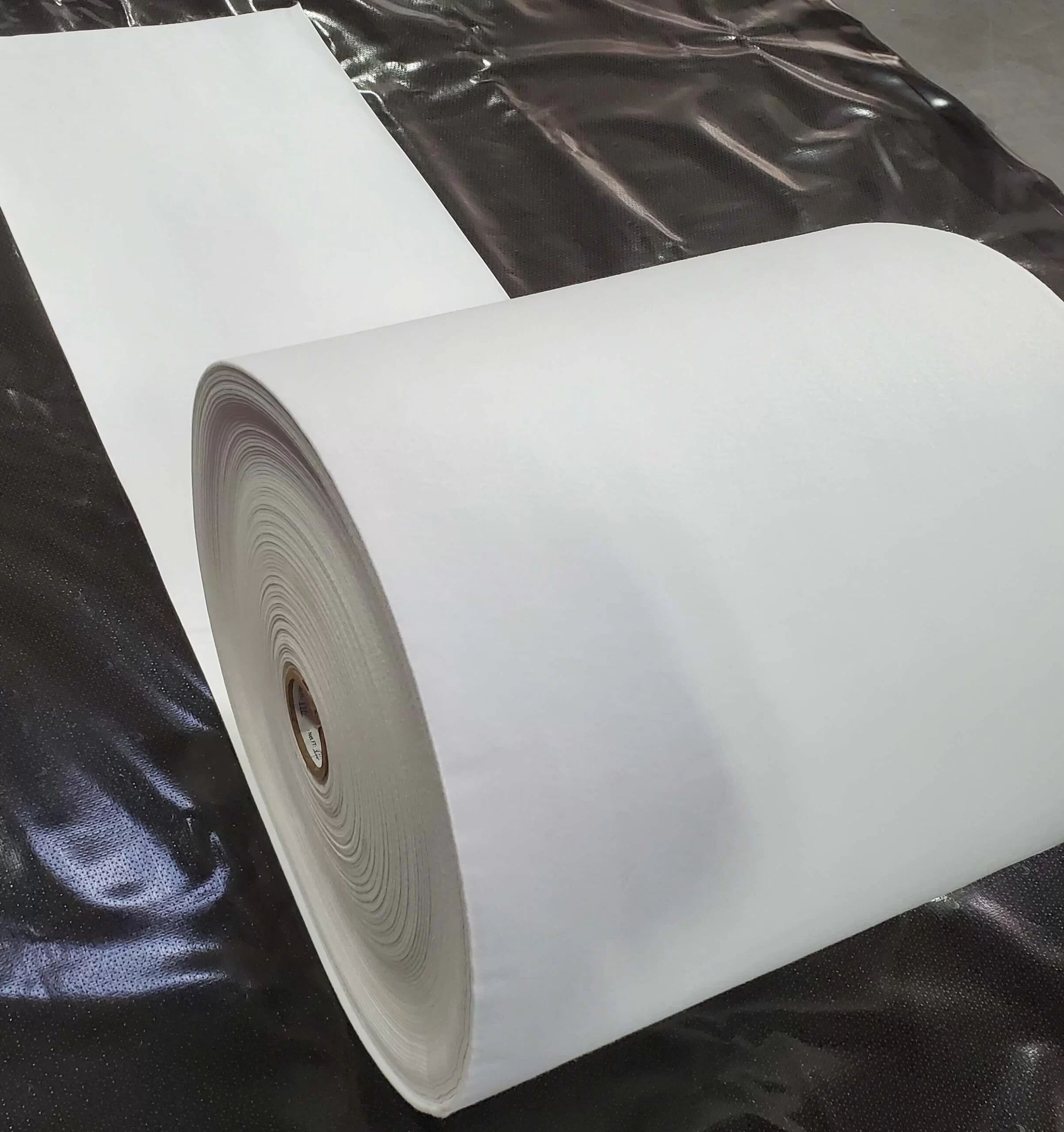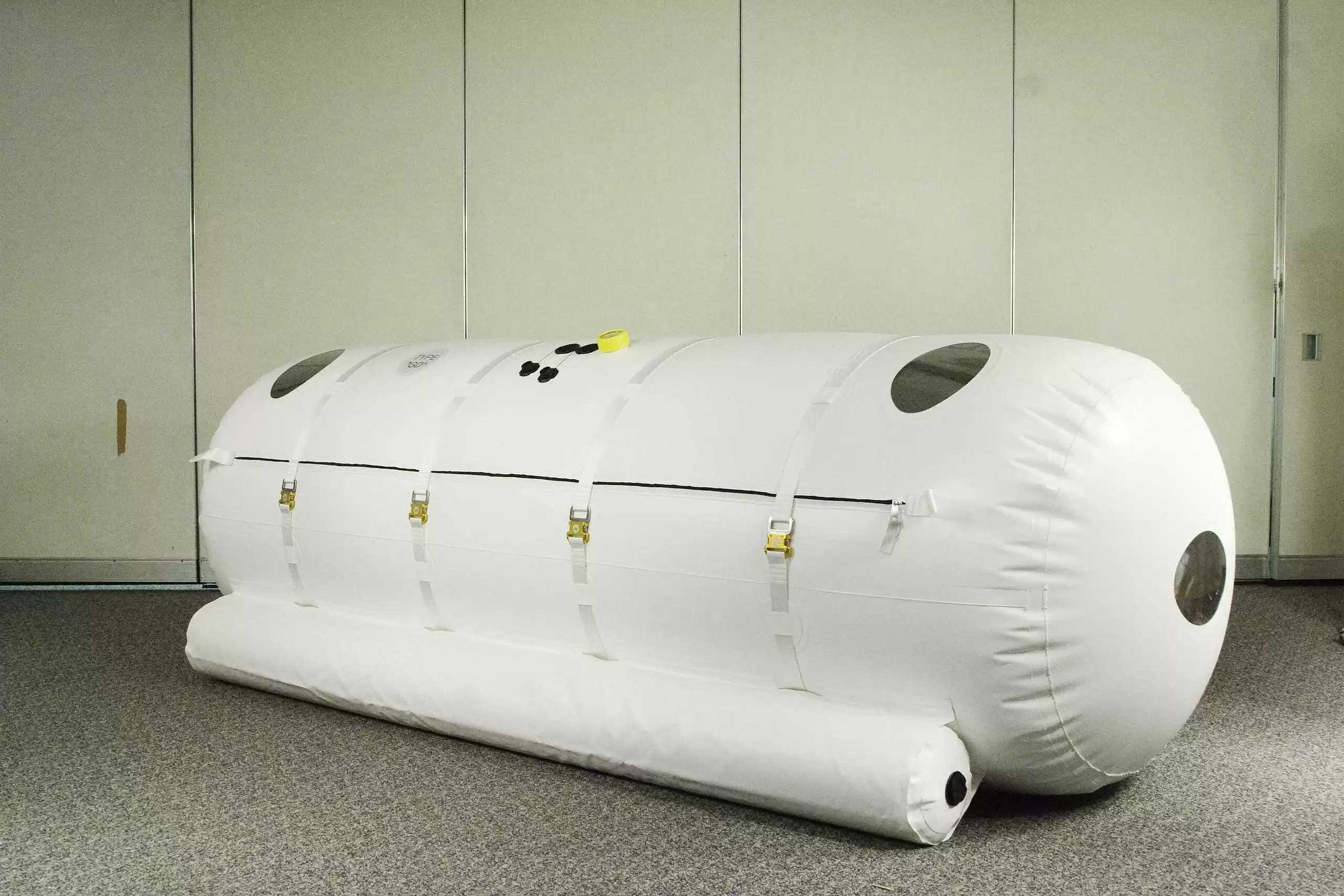Choosing the right fabric for your healthcare product is critical. The fabric you use will not only affect whether the final product is safe for medical applications, but also whether it is patient-friendly and durable enough for long-term use.
There are several common types of healthcare fabrics currently in use. Today, we’ll take a look at these different materials to help you determine which one is right for specific applications.
Table of Contents
Learn more about how you can ensure top quality for your Healthcare Product
Why PVC is Not The Popular Choice for Medical Applications
Not long ago, the majority of modern medical devices and products were made from PVC.
PVC (polyvinyl chloride) coated fabric was until recently the most common textile used in healthcare products. An evergrowing demand of the plasticizers to produce soft and flexible PVC resulted in the product to release toxic chemicals. As a result, PVC has been banned in numerous countries and quickly fallen out of favor for medical applications.
Silicone in Medical Applications
Silicone is frequently used in medical applications because it is highly flexible, biocompatible, and antimicrobial. It can be used for a wide range of products, such as catheters, medical tubing, and implanted devices without causing abrasion or negative reactions.
However, silicone does have some important limitations. It’s difficult to mold and extrudes, and it cannot be coated using most common solvents. These make it a more difficult coated fabric to use in some manufacturing processes. In addition, when used to design medical implants, silicone lacks the durability required for life-long use by patients.
TPU: An Emerging Medical Material
Medical-grade TPU (thermoplastic polyurethane) has recently emerged as one of the most promising materials for medical applications. Medical TPU is fully biocompatible and, while not as flexible as silicone, is soft enough to be used for medical tubing and implants. From a manufacturing standpoint, TPU can easily be extruded and molded to achieve complex product designs.
Additional Advantages of TPU
TPU has two additional advantages over other types of healthcare fabrics. First, it’s highly durable. Compared to silicone, medical-grade TPU can be up to four times as strong. That enables it to be used for producing high-flow medical tubing with relatively thin walls or medical implants that last for a patient’s entire lifetime.
Choosing the Right Healthcare Fabric Manufacturer
When determining what type of medical fabric is right for your application, it’s essential to understand the requirements and strengths of the material. At E2, we produce medical-grade TPU-coated fabrics that offer numerous advantages for healthcare applications, including durability, biocompatibility, and flexibility. The fabric is also completely safe for direct skin contact. Get in touch with our team today to find out more about what E2 medical TPU can do for your healthcare products.













